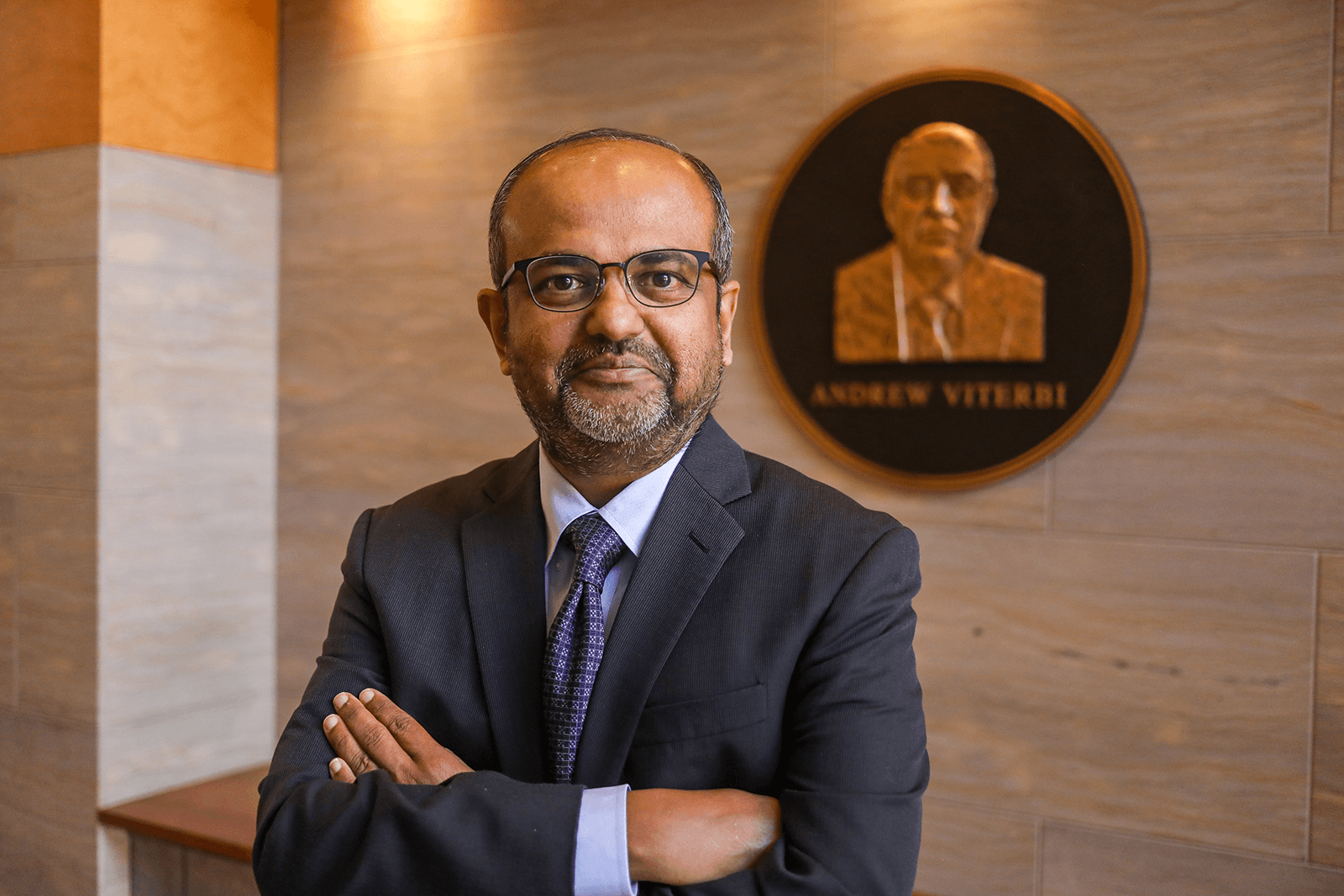Do You Compute?

While most people worldwide have never needed and will never need to program a computer, modern computing technology affects everyone’s lives to an unprecedented extent.
Computing mediates virtually every facet of life — substantial parts of how people communicate, work, shop, stay informed, consume entertainment, elect their governments, receive health care and organize their finances are conducted on a phone, tablet or desktop connected to the internet. And if you think computing is ubiquitous today, you haven’t seen anything yet. With the infusion of artificial intelligence — witness the recent Nobel Prizes in physics and chemistry — future generations will live in a far more computationally driven world than we inhabit today.
Given this state of affairs, to call oneself a well-educated person today implies a reasonable understanding of how computers and computing work. We must reimagine how we educate students and ensure they leave the university with some knowledge of modern computing. This is quite different from turning everyone into a computer programmer or chip designer and has to do with understanding what computational tools can (and can’t) do, how to separate spurious claims from fact, and the tools to seek further information that is reliable and authoritative.
USC requires all students to complete general education requirements spanning various subjects. It is time to add a computing requirement to that list. Digital competency, which most USC students achieve already, will not do — our graduates need to
be digitally fluent.
At the newly established USC School of Advanced Computing (SAC), we are building out new programs and courses designed to ensure that all students, irrespective of their major, have access to an education that provides digital fluency. This educational mission goes hand in hand with our mission to expand the frontiers of computing by recruiting the best faculty, thought leaders and innovators who will do their research here and invent the future of computing. In addition to substantially growing its two constituent academic departments — the Thomas Lord Department of Computer Science and the Ming Hsieh Department of Electrical and Computer Engineering — the SAC is designed to recruit scholars in advanced computing across the university.
USC seeks to graduate students who can engage creatively with the modern world, enjoy productive professional lives and meaningfully contribute their talents to society. They will do so to maximal advantage if they are digitally fluent. It is the educational call of our time.
Gaurav S. Sukhatme
Director, USC School of Advanced Computing
Executive Vice Dean, USC Viterbi School of Engineering



